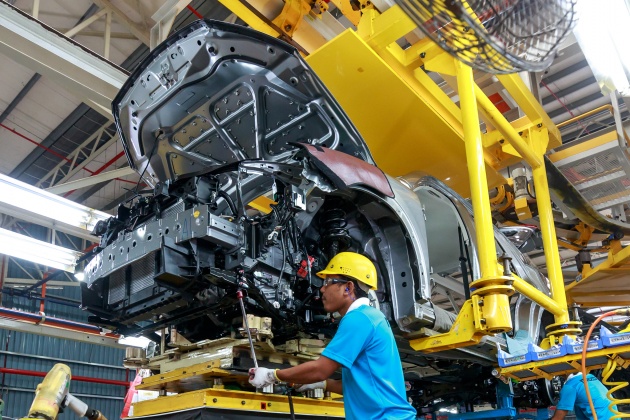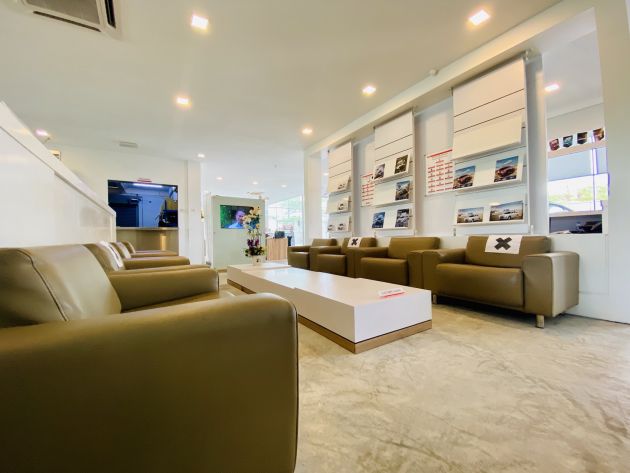The gradual reopening of the manufacturing sector in the country under the different phases of the national recovery plan (NRP) has seen the resumption of vehicle production operations in certain states, though output in the country has otherwise largely remained idle last month.
Among those allowed to resume operations are Proton’s Tanjung Malim plant in Perak, which was allowed under Phase 2 rules which took effect early in the month of July, thus yielding an output of 1,677 vehicles last month for the national car brand. Meanwhile, key big-hitters in terms of volume such as Perodua (Rawang), Toyota (Shah Alam) and Honda (Pegoh, Melaka) saw zero production as their factories were closed during this period.
In addition to Proton’s output volume, just a handful of production sites in Malaysia recorded passenger vehicle production numbers in July, with 138 units from Mitsubishi, 176 units from Volkswagen, 258 units from Mercedes-Benz, 48 units from BMW, 75 from Hyundai and 24 units from Peugeot. For pick-up trucks classified as commercial vehicles in Malaysia, Isuzu charted three units, in addition to 229 commercial trucks.
All other assemblers in Malaysia have charted zero in terms of output volume due to ongoing pandemic restrictions during this period as they are located in NRP Phase 1 states, therefore total production of passenger vehicles for the month of July comes to 2,396 units.
This has been until the Malaysian government allowed operations in varying capacities according to rates of vaccination among the companies’ staff; this allowed for 60% capacity of operations for a 40-50% vaccination rate, 80% capacity for 60-79% vaccination rate, and the full 100% capacity for companies that have achieved a staff vaccination rate of 80% and above.
Vehicle production directly correlates to vehicle deliveries, and so Proton’s chart-topping production performance for July is reflected in its sales figures, selling 1,904 cars in that month. Overall, the resuming of production activities should bode well for the recovery of sales by ensuring a continued supply of stock, as showrooms have also been permitted to receive fully vaccinated patrons.


